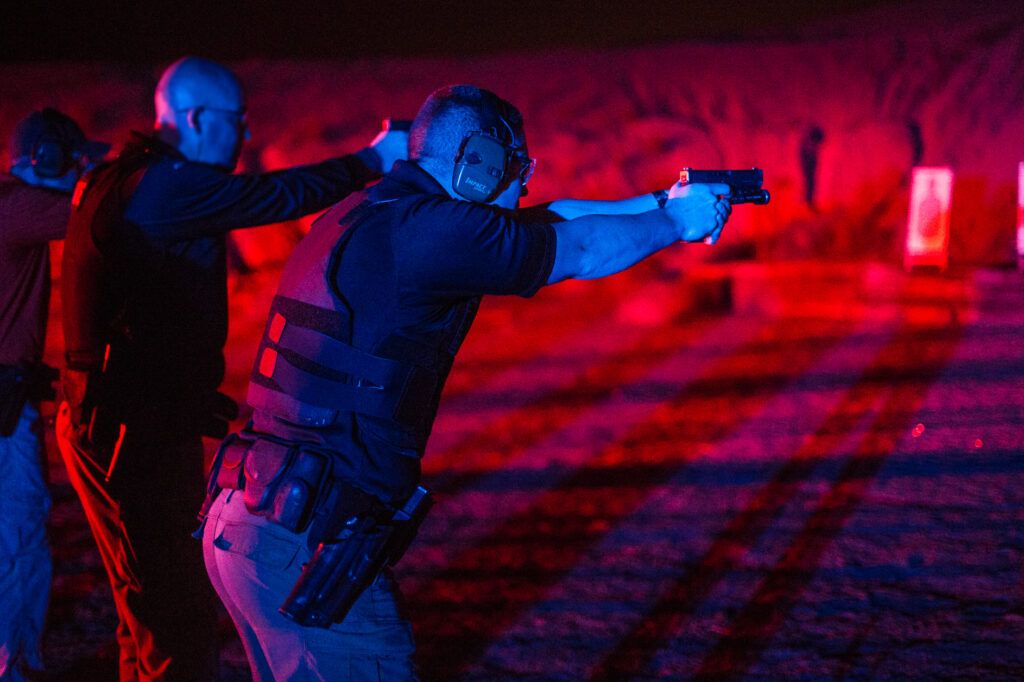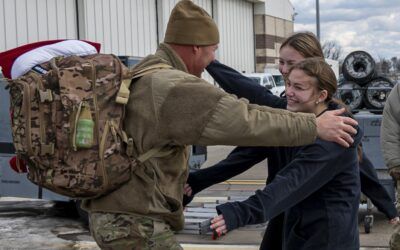EPISODE 123
A Scared cop is a Dangerous Cop

There are people who believe that inserting the police in a situation makes things worse. Are they right? In this solo episode from Mike, he looks at the perils of the “fear biter” and the negative effects of an unmanaged fight or flight response on decision making skills. Stress management is important, and it can’t be learned in a PowerPoint class.
The most notorious manifestation of this phenomenon is the “’Oh Sh*t!’ Bang”, where a scared or startled cop results in a lawful-but-awful shooting that might have been avoided by better stress management and more confidence in the officer’s physical skills. However, Mike also explains the many other places that the poorly managed limbic response can rear its ugly head: Bad communication in stressful situations, indecision or half-decisions that allow a developing situation to get much worse, and more.
Like what we’re doing? Head over to Patreon and give us a buck for each new episode. You can also make a one-time contribution at GoFundMe.
Intro music credit Bensound.com
CLICK BELOW TO SUBSCRIBE NOW ON YOUR FAVORITE PLAYER
THANK YOU TO OUR SPONSORS! PLEASE GO CHECK THEM OUT
Recent Episodes
Balance: Pace Yourself, it’s a Marathon, not a Sprint
The boys talk us through how to achieve work-life balance in full commitment jobs like aviation, law enforcement, emergency medical services, and other critical roles.
The Boogeyman of Coeur d’Alene – The Crimes of Joseph Duncan
We delve into the horrifying crimes of a convicted serial predator whose reign of terror culminated in the brutal murders of the Groene family in 2005. We’ll explore Duncan’s dark past and the stalking and execution-style killings that led to the abduction of Shasta and Dylan Groene. We talk about managing our consumption of evil things in the world, the impact that has on our parenting, and we unravel how media efforts helped bring one of the most dangerous offenders in U.S. history to justice.













